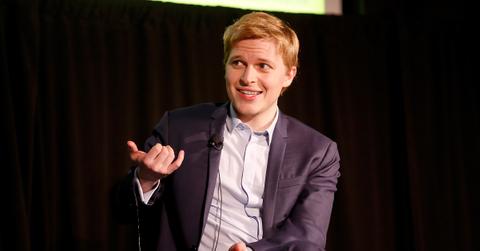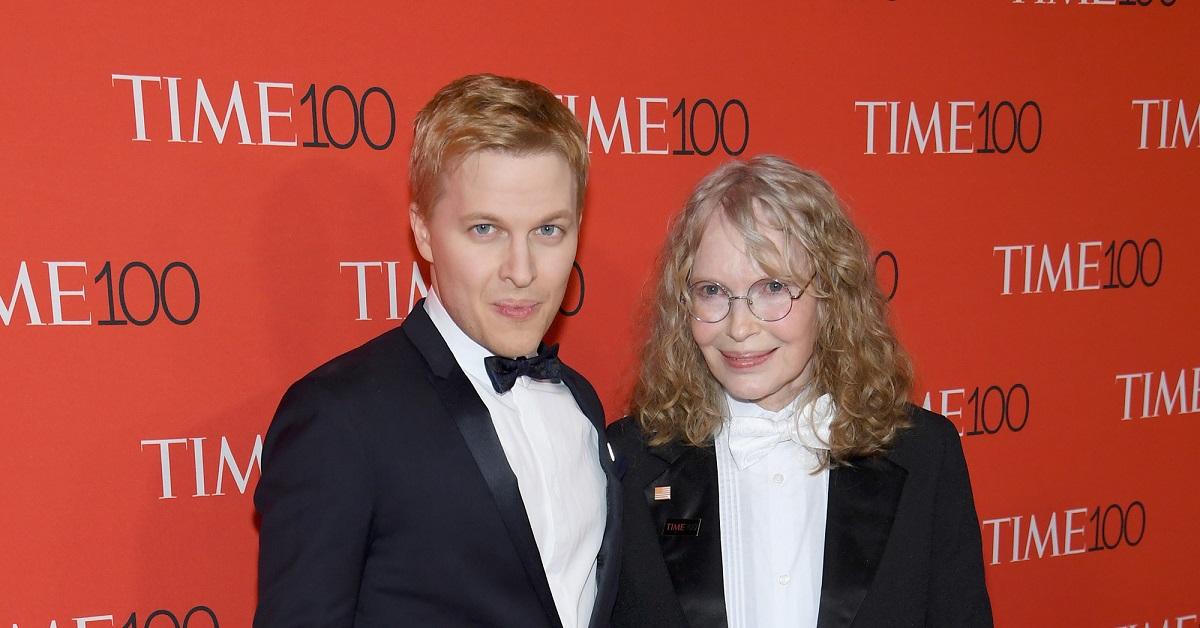Following an Intense Custody Battle, Ronan Farrow Decided to Change His Name
Published Feb. 22 2021, 11:42 a.m. ET

The controversy surrounding Woody Allen has gone on for years now, but Allen V. Farrow documents the accusations against the director in the starkest possible terms. In the series, which began airing on HBO on Feb. 21, audiences are given more brutal details about Dylan Farrow's claims that her father molested and abused her.
Why did Ronan Farrow change his name?
Ronan Farrow is not a central player in Dylan's story, but he was around for much of the drama as it unfolded. As one of Dylan's siblings, he was a witness to the brutal custody trial that came in the wake of Dylan's accusations, and it ultimately led him to change his name. Ronan was born Satchel Ronan O'Sullivan Farrow and went by Satchel through much of his youth.

After the custody battle, though, Ronan decided to start going by his middle name, and the change has stuck through adulthood. Although Allen is believed to be Ronan's biological father, Ronan adopted his mother's surname instead of his father's when he was born. As it turns out, that decision was likely a good one.
Who is Ronan's biological father?
Although the official record states that Allen is Ronan's biological father, Mia has acknowledged that Ronan and several of her other children may have been conceived during her long-standing affair with Frank Sinatra. Mia first acknowledged the possibility in a 2013 interview with Vanity Fair, and the speculation has steadily increased about the possibility ever since. No DNA tests that could provide conclusive evidence have been done.
Ronan has spoken out about the darkness in his family.
Although Allen V. Farrow is very much Dylan Farrow's story, Ronan has written in the past about the darkness at the heart of his family. Ronan currently works as a journalist and was one of the people responsible for bringing Harvey Weinstein's story of abuse to light.
In a piece written for The Hollywood Reporter, Ronan writes that he had actively tried to move past his sister's allegations.
"I had worked hard to distance myself from my painfully public family history and wanted my work to stand on its own," Ronan explains. "So I had avoided commenting on my sister's allegations for years and, when cornered, cultivated distance, limiting my response to the occasional line on Twitter. "
He also said that, when Dylan was preparing to come forward again to speak out against Allen, he discouraged her from doing so.
It's something he says he's not proud of, and he eventually realized that his sister was the one being brave.
"But when Dylan explained her agony in the wake of powerful voices sweeping aside her allegations, the press often willing to be taken along for the ride, and the fears she held for young girls potentially being exposed to a predator — I ultimately knew she was right," Ronan writes.
"I began to speak about her more openly, particularly on social media," he says. "And I began to look carefully at my own decisions in covering sexual assault stories."
Thanks in part to his sister's bravery, it seems, Ronan is now widely seen as one of America's best investigative reporters.